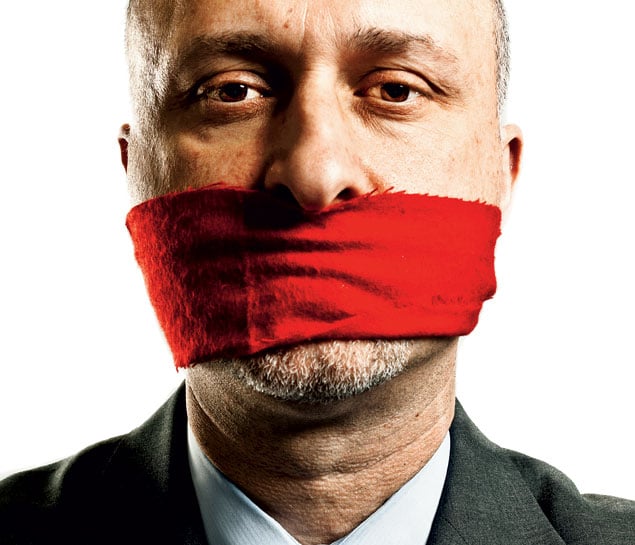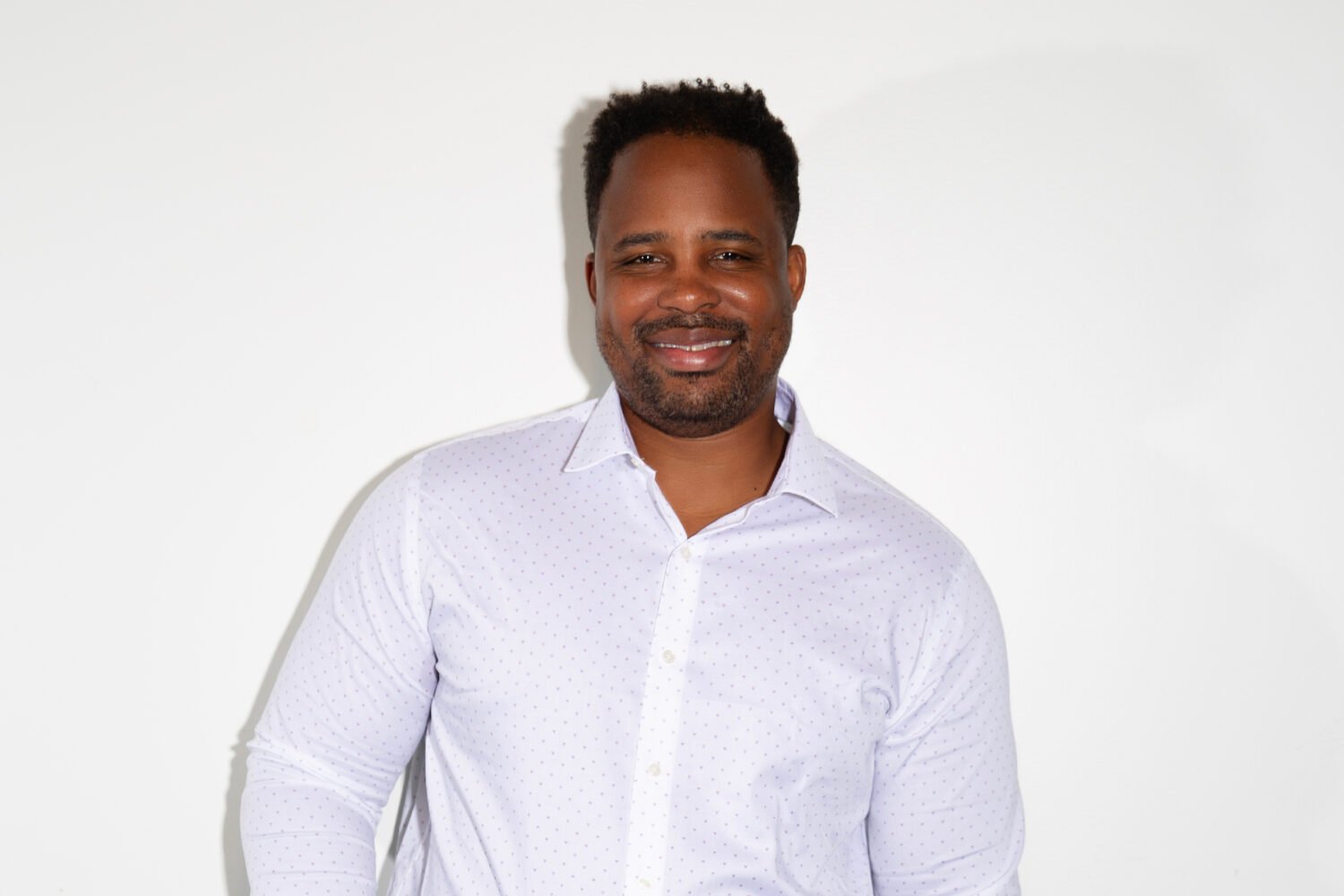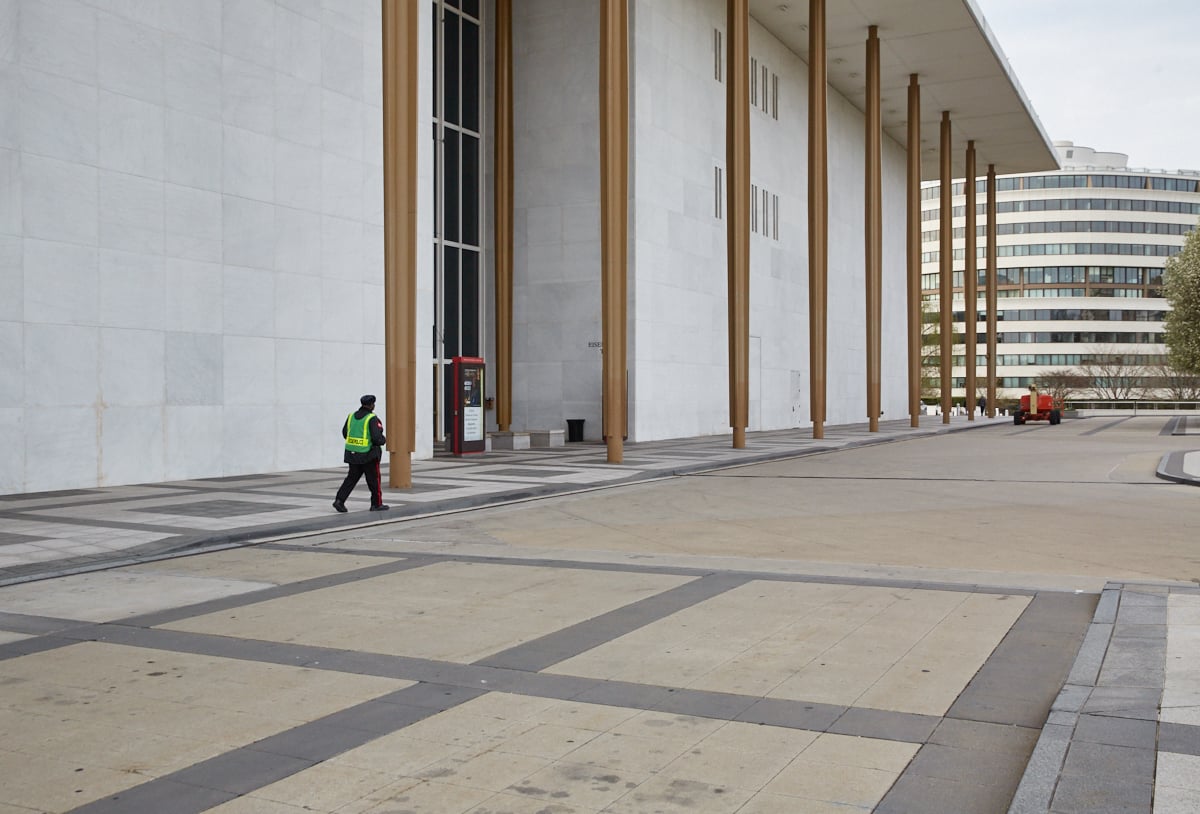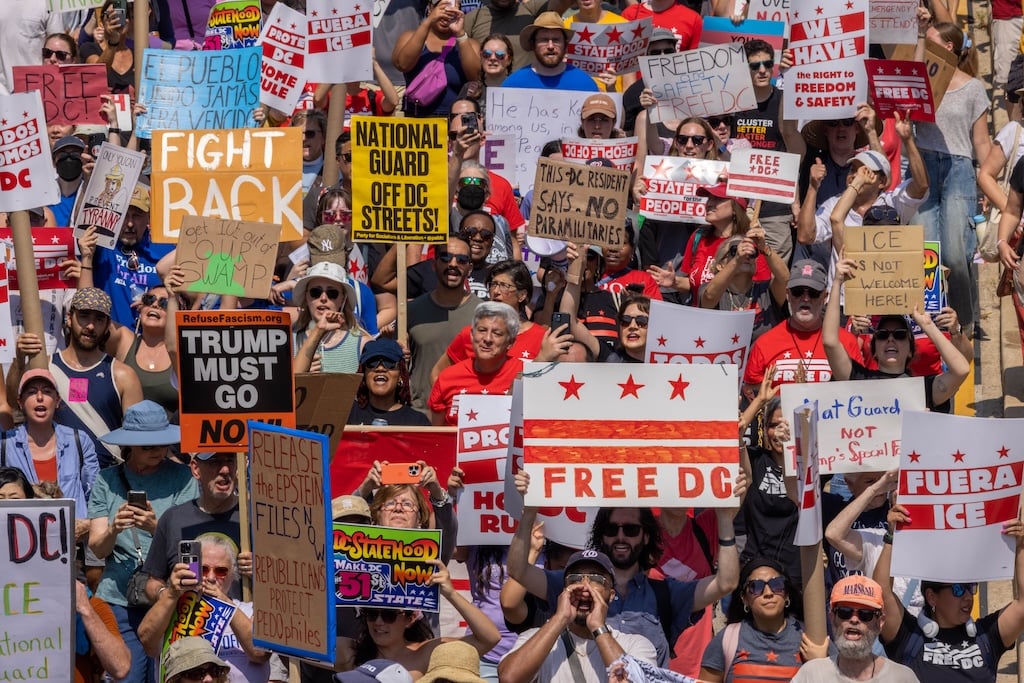As DC Vote’s board sifted through résumés in 2002, it came up with only one strike against Zherka: He lived in Bethesda. (He and Linda had left their Cleveland Park condo for a larger home just over the Maryland line in 1999.) In the end, qualifications trumped residence.
Zherka turned down an offer from a law firm for what he suspected would be a grueling fight. A member of Congress he knew from his work on Kosovo questioned his sanity. “Man, Ilir, DC Vote?” Zherka recalls the congressman saying. “Either you’re really smart because you’ll have this job for life or you’re really stupid because you actually think you can win this.”
I asked Zherka how he responded.
“I said, ‘I’m stupid enough to think I can win.’ “
A few months into the job, Zherka went to see Congressman David Bonior, a Democrat from Michigan, which has a large Albanian population. “Ilir, you’ve got to give your opponents something they want,” Bonior said, according to Zherka. “Your argument can’t be ‘Do this because it’s the right thing.’ You actually need to give them something that they want.”
But what, Zherka wondered, did backers of DC voting rights have to trade?
In 2003, Congressman Tom Davis, a Virginia Republican, offered an answer: a GOP seat for Utah. Davis chaired the House committee with District oversight and was popular in his party. In making his case in an interview with radio host Kojo Nnamdi, Davis had used all the right words: “It’s hard to make a straight-faced argument that the capital of the free world shouldn’t have a vote in Congress.”
But DC’s Eleanor Holmes Norton and other Democrats in Congress were skeptical. Davis had just finished a four-year stint as chair of the National Republican Congressional Committee, charged with electing GOP candidates to Congress. What good-faith reason could he have for offering a heavily Democratic enclave a voting seat in the House? Statehood advocates also lined up in opposition, because the proposal did nothing about DC’s lack of representation in the Senate.
Zherka, however, saw in Davis the sort of champion who could rewire the GOP’s opposition to DC voting rights. In 2004, Zherka and a group of leaders from DC Vote’s coalition told Davis that if he put in actual legislation, they would back him.
I asked Zherka if it was awkward to get behind a proposal then opposed by Norton.
“Absolutely, it was a little awkward,” Zherka said. “All of us recognized that Congresswoman Norton’s leadership on the issue was significant and it would be hard for us to move too far forward without her support. At the same time, we all concluded within our organization that this compromise was the best opportunity to actually achieve representation.”
A few minutes later, Zherka added, “I’ve always been a big fan of the adage that you can’t just keep doing the same thing over and over again.”
After arriving at DC Vote, Zherka pleaded the organization’s case to Washington foundations and soon quadrupled DC Vote’s budget, to $1.7 million. Republicans in Congress had barred the District from using public money to lobby for voting rights. Zherka obtained a pro bono legal opinion arguing that the ban placed no such restrictions on funding for voting-rights education. He gave the opinion to Mayor Anthony Williams, who in 2006 authorized the first of several half-million-dollar grants to DC Vote.
For DC Vote to be effective, Zherka felt, Americans outside DC–Americans who had a vote in Congress–needed to get involved. He and his staff visited national organizations to argue that they, too, had a stake in DC’s plight. Common Cause, the National Bar Association, and the United Auto Workers, among a diverse group of others, joined its coalition, lending their moral weight, lobbying muscle, and hundreds of thousands of grassroots members who could be called on to write or phone their representatives on Capitol Hill.
Zherka went after hostile or wavering Congress members in their own districts. When GOP senator John Ensign of Nevada sought to undermine the DC voting-rights act in 2009, DC Vote launched Internet ads on websites in his home state. “Senator Ensign is focused on DC’s affairs . . . and his own–where does Nevada fit in?” one read, alluding to Ensign’s admission of an extramarital liaison with a former staffer.
The group got hundreds of residents to burn copies of their federal income-tax returns in Farragut Square in a “Bonfire of the 1040s.” It handed out tea bags labeled end taxation without representation at Glenn Beck’s 2010 rally on the Mall and festooned lawns across Capitol Hill with signs reading congress: DON’T TREAD ON DC! One of its most eye-catching ads depicted two firemen, one in Maryland and one in DC. “Both will save your life,” it said. “Only ONE has a vote in Congress.”
Davis remembers Zherka during negotiations as an understated pragmatist. With DC Vote, he says, “we finally had a group that wasn’t going to be partisan about it. They just wanted to get the job done.”
Davis introduced the DC Fairness in Representation Act in 2004, and DC Vote went to work, writing editorials and mounting public spectacles. As the bill gained traction, Norton and leading Democrats expressed more support.
In April 2007, DC Vote organized the biggest voting-rights demonstrations in a generation. Mayor Adrian Fenty and thousands of residents marched from the Wilson Building to the Capitol. Less than a week later, the bill cleared the House 241 to 177, with 22 Republicans in favor. But in the Senate it came up three votes short.
Heartbroken supporters turned to the 2008 elections. Obama’s ascension to the White House and the Democratic takeover of Congress infused the movement with a new optimism. “I really can’t think of a scenario by which we could fail,” Norton told the Washington Post just after the election.
Privately, though, Zherka warned advocates to take nothing for granted. Davis had retired from the House, which would make it harder to recruit Republicans. And Utah was just a few years from winning a new seat anyway through the 2010 census.
Very early on, Obama’s willingness to expend political capital on the issue appeared brittle. A few days before his inauguration, Obama told the Post’s editorial board that he backed a House seat for the District. “But this takes on a partisan flavor,” he said, “and, you know, right now I think our legislative agenda’s chock-full.” Unlike President Clinton–and like George W. Bush–Obama declined to adorn the presidential limousine with taxation without representation license plates.
In February 2009, the former Davis bill–now called the DC House Voting Rights Act–made it to the Senate floor, a first for DC voting rights in more than three decades, and passed on a largely party-line vote of 61 to 37.
The euphoria was again short-lived. Senator Ensign had slipped in an amendment eviscerating the city’s gun-control laws. Zherka says that in the run-up to the Senate vote, advocates had mistakenly assumed that Majority Leader Harry Reid, a Nevada Democrat, would oppose the gun amendment. But Reid was facing his toughest reelection fight ever. As a centrist from a gun-friendly state, he couldn’t afford an unfavorable rating from the National Rifle Association. “Not only did he vote for it,” Zherka says, “but he gave Democrats”–particularly moderates from conservative Midwestern states–“a green light to vote for it, so everyone piled on.”
As the bill moved to the House, the NRA made clear that it was putting everything on the line. To fend off a parliamentary move to bar all amendments to the House bill, the pro-gun lobby took the unusual step of threatening to “score” the vote on any such tactic; a vote to disallow amendments would count as anti-gun on lawmakers’ political scorecards.
Despite months of lobbying, Zherka and Norton couldn’t come up with enough votes from conservative Democrats, many facing reelection battles, to tilt the scales.
Congress effectively gave Washingtonians an ultimatum: You can have your vote, but only if you give up your gun laws.
Among voting-rights advocates, the choice touched off a bruising debate. In one camp were purists outraged at the hypocrisy of having to surrender power in order to get it. In the other camp were pragmatists who glimpsed a now-or-never chance. Everyone knew the clock was ticking toward the midterm congressional elections, which were likely to cost Democrats a crippling number of seats.
A gloom fell over the offices of DC Vote. “Morale was very, very low,” Zherka says. “The economy was tanking. A number of our big donors either walked away or reduced their donations. We had to let people go.” Zherka was also grappling with a string of personal losses. From 2002 to 2009, three of his siblings–all in their forties–died in a cruel streak of sudden illnesses.

















